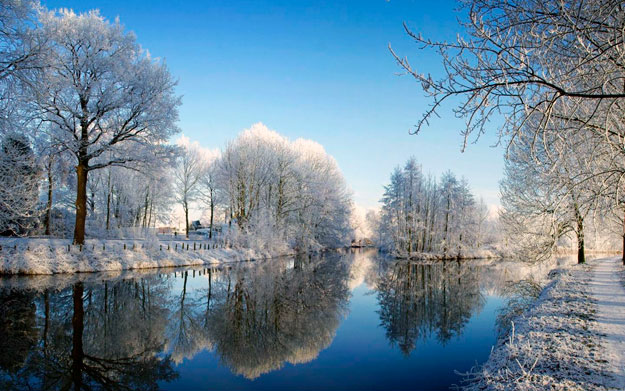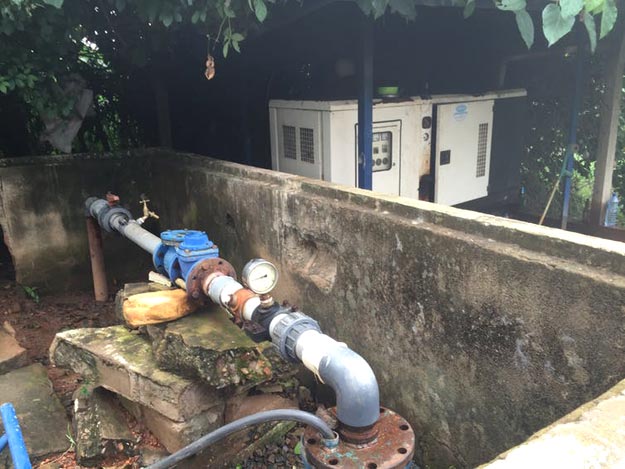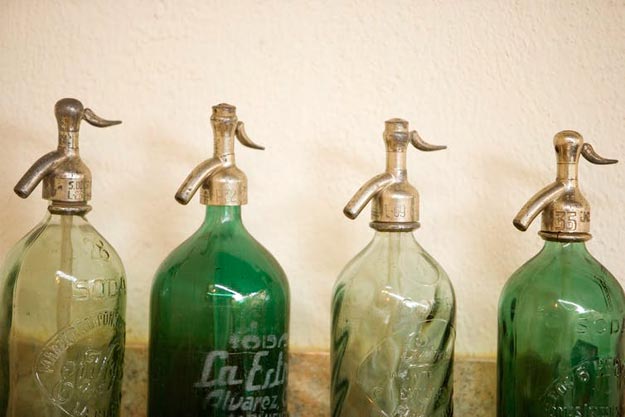Two decades ago, my hometown waterway of Boston Harbor was known as the dirtiest harbor in America. Raw sewage and industrial pollution made fishing and swimming risky at best, and impossible at worst. But today, thanks to cleanup efforts spurred by the Clean Water Act, it’s one of the most visited places in New England, and one of the best spots for recreation.
 We know clean water is a health priority, but it’s also an economic necessity. Our communities, schools, businesses, and farms can’t run without it. A cleaner Boston Harbor has meant higher property values, more shipping, and more jobs. In 2012, more than 50,000 jobs in Boston were tied to port activity — from cargo and seafood processing to cruises and harbor tours. Read more
We know clean water is a health priority, but it’s also an economic necessity. Our communities, schools, businesses, and farms can’t run without it. A cleaner Boston Harbor has meant higher property values, more shipping, and more jobs. In 2012, more than 50,000 jobs in Boston were tied to port activity — from cargo and seafood processing to cruises and harbor tours. Read more











